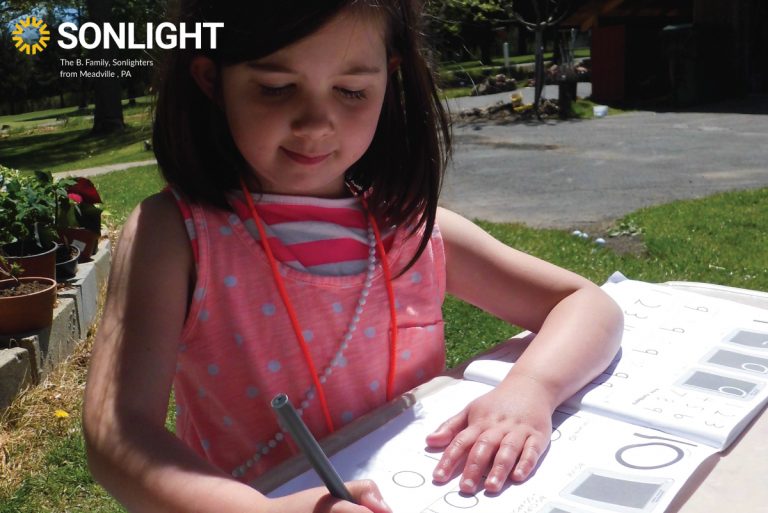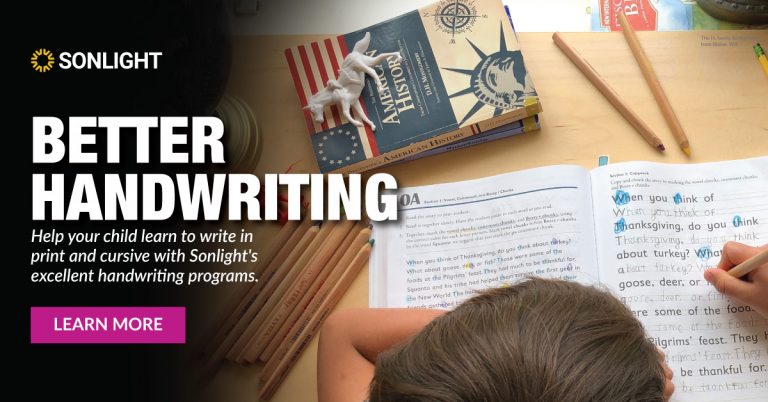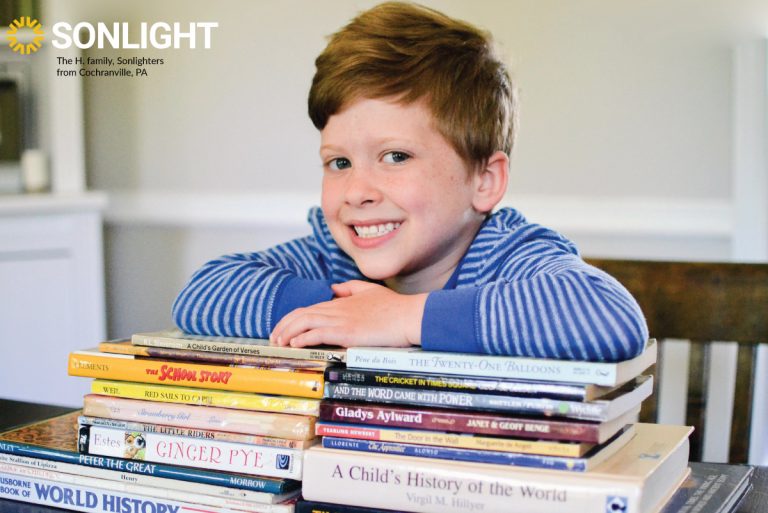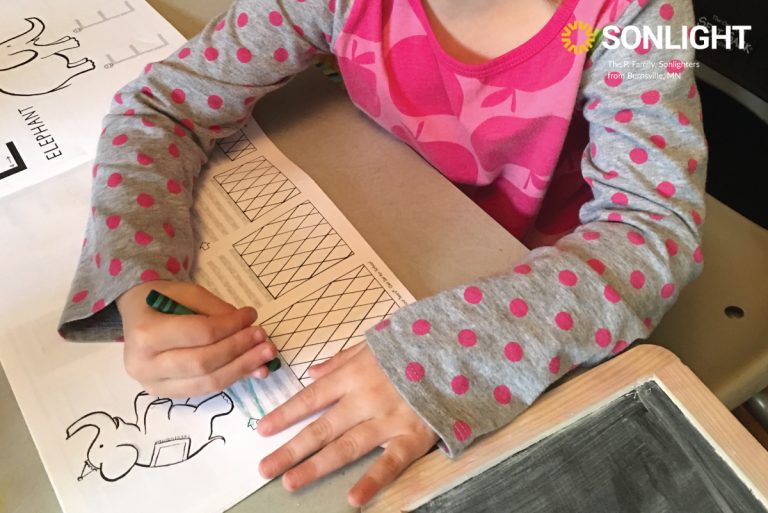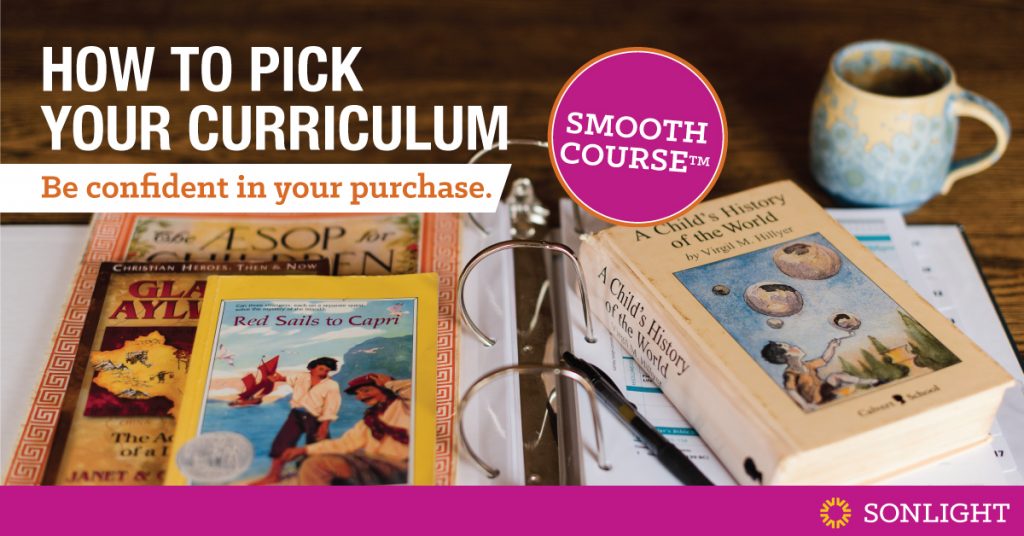Sonlight is full of great books, but among all the genres included in the History / Bible / Literature packages, the missionary biographies are probably the most cherished and life-impacting.
Yes, kids are learning geography, history, and vocabulary as they read or have these biographies read aloud to them. But even more precious, their faith in God's power and firm conviction of God's grace are bolstered by these real-life stories of missionaries.
Some of these children grow up to be missionaries themselves, thanks to those tiny seeds first planted in their hearts through a missionary story.
This collection of 12 books centers in Asia, including Burma (now called Myanmar), China, India, the Middle East, and the Philippines.
1. Adoniram Judson: Bound for Burma
by Janet and Geoff Benge
from Sonlight History / Bible / Literature D
This biography is one of many in the Christian Heroes: Then and Now series by Janet and Geoff Benge.
What better place to start this list than with Adoniram Judson, America's first foreign missionary. In the face of incredible obstacles, Adoniram and his first wife Ann were the spark that spread the fire of the Gospel into Burma. Their evident love for the Burmese people is a compelling story of unswerving dedication and sacrifice.
You will be moved and inspired by this novel!
2. Living Water in the Desert: True Stories of God at Work in Iran
by Rebecca Davis
from Sonlight History / Bible / Literature F
Seventeen chapters tell awe-inspiring stories of God at work in the Middle East.
- One man is overcome by the kindness of a missionary.
- Another is stopped by a vision of men in blue.
- One grew weary of his own religion.
- One found a strange book in a library.
- One saw a man named Jesus in a dream.
All of these Iranians eventually come to Jesus Christ for His full and free salvation, becoming missionaries to their own people. It's a marvelous book.
3. William Carey: Obliged to Go
by Janet and Geoff Benge
from Sonlight History / Bible / Literature F
You will be impacted dramatically by this thrilling story of William Carey, pioneer missionary to India and the "father of modern missions."
This biography shows Carey in all aspects as one who attempted great things for God, and expected and realized great things from God.
4. God’s Smuggler
by Brother Andrew
from Sonlight History / Bible / Literature H
Should we obey God or man?
Brother Andrew decides, as so many men and women of faith before him, that it is worth risking his life to distribute the Word of God in places where government regulations prohibit it.
This missionary biography is more thrilling than a spy story . . . and all true!
5. Which None Can Shut
by Reema Goode
from Sonlight History of Science
Did you know that an unprecedented number of Muslims are becoming followers of Jesus? With this book, you get a firsthand look at the diverse, creative, unexpected, and thrilling ways God is reaching the author's Muslim neighbors with the Gospel of Jesus Christ.
6. Ida Scudder: Healing Bodies, Touching Hearts
by Janet and Geoff Benge
from Sonlight History of Science
Your children will love this amazing story of a woman who grew up in India and couldn't wait to leave. In one night, three men came to ask her to help their laboring wives. All three refused her father's help (he was a doctor), preferring to let their wives die than break religious taboos. And all three did die.
Ida Scudder realized she could make a difference, and so she went to medical school, then served in India for decades, helping the lepers, founding a teaching hospital, and serving the people.
It's a powerful story that demonstrates how one person can make a lasting difference in the lives of others.
7. God’s Adventurer: Hudson Taylor
by Phyllis Thompson
from Sonlight History / Bible / Literature F
Hudson Taylor was only 21 when he sailed from England. He had already learned he could trust God with the last coin in his pocket; he would need that faith as he set out to evangelize the Chinese.
This missionary biography is a thrilling true story of daring, danger, and dependence on God.
8. In Search of the Source: A First Encounter with God's Word
by Neil Anderson with Hyatt Moore
from History / Bible / Literature E
These thought-provoking stories tell of a culture's first encounter with God's Word.
A translator struggles to help a tribal people understand what the Bible says.
This novel is both fascinating and surprisingly funny.
9. Gladys Aylward: The Adventure of a Lifetime
by Janet and Geoff Benge
from History / Bible / Literature C
Gladys Aylward was an uneducated British housemaid who went to China via Russia in the midst of the Soviet-Chinese war in the early 20th century. Her story of dedication to serve the Lord in China may make you cry!
10. Return of the White Book: True Stories of God at Work in Southeast Asia
by Rebecca Davis
from Sonlight History / Bible / Literature A
God prepared the way for the Karen people of Burma to come to know him. When George Boardman and Adoniram Judson arrived, the Burmese were not terribly interested, but the Karen were desperately ready.
This book is an incredible story of God at work. Don't miss it!
11. And the Word Came with Power
by Joanne Shetler with Patricia Purvis
from Sonlight History / Bible / Literature C
This novel is the moving story of how God's word transformed an entire people--as well as the woman whom He had sent to translate the Scriptures for them.
12. Teresa of Calcutta
by D. Jeanene Watson
from Sonlight History / Bible / Literature F
This missionary biography tells the inspiring and challenging story of Mother Teresa who, for more than 40 years sought to be "the arms of Christ" to the poorest of the poor in the slums of Calcutta.
She's an unlikely hero who went against the grain of our me-first culture. Your children, and you, will be blessed by reading it.
Choose a Christ-centered curriculum that includes missionary biographies at every level.
















